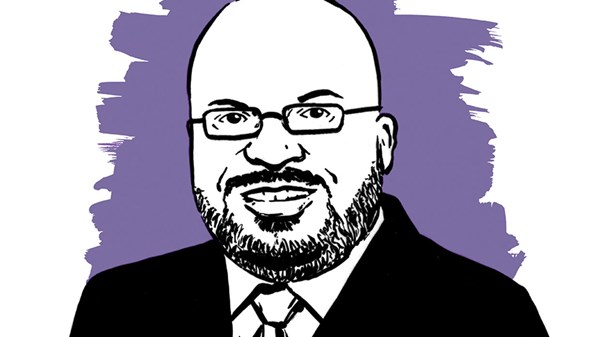
Most pastors feel overworked. And if we are not careful, we can work so hard that we do not have time for our most important task: prayer and the ministry of the Word (Acts 6:4). We don't have time to study. We must make time to study. Here are seven pieces of practical advice for maximizing your study time (plus one bonus point).
Plan ahead: Your study time needs to be spent studying the text, not finding a text to study. So plan your preaching in advance. Planning ahead for a month or quarter or even a year will help you get down to business when it is time to prepare a message. The goal is to have a schedule that will enable you to make the most of your time in study.
Schedule study time: Your time of study is just as important as staff meetings, counseling sessions, and hospital visits. So begin each week by marking out the hours you will study each day. Determine how long it takes to prepare a message. Schedule it into your week. Then keep your appointments to study and write. Have the courage to tell people that you have something scheduled that you cannot cancel.
Steal time: There will be weeks when your schedule is out of control. Stealing time is a good way to make up for the time you may lose to other things. I copy down the resources that I need from week to week and put them in a file. I take it wherever I go, and I steal back as much time as I can while I am waiting for an appointment, between meetings, or any other time I can take advantage of.
Study when it's time to study: You know how it goes. When you finally get to the study, you are blitzed by the temptation to do other things. Resist that temptation. When it's time to study, study. Don't web surf or answer emails or play with your smartphone or clean your desk. Put your butt in the seat. Get to work. Pray. Read. Study. Think. Write. Remind yourself that you will never get this week again.
Educate your people: Some church members seem to think good sermons grow on trees. You must educate them. Talk to your deacons, elders, staff, and members about your study process. If they understand what it takes for you to prepare, they will be more willing to help you.
Practice intentional neglect: Many urgent matters come across a pastor's desk each week. Much of it has nothing to do with prayer or the ministry of the Word. You must distinguish between what is urgent and what is truly important, and then learn to neglect some things during the week to prepare for Sunday.
Delegate: In order to practice intentional neglect, make sure the things that need to be covered are covered by someone. If you have staff to assist you, trust them to do so. If you have to recruit and train volunteers, do it. Determine the responsibilities that you can either give away or share. Then do it. And use the time you gain to work on your sermon for Sunday.
Do whatever it takes: Do whatever you have to do to be ready to preach the Word of God! Sermon preparation is spiritual warfare. The enemy would do anything to keep you from preparing the message God wants your people to hear. Fight! Pray hard. Get up early. Sacrifice a night of sleep. Drink a cup of coffee. Turn off the TV. Duck out of meetings. Do whatever it takes to get ready to preach.
H.B. Charles, JR. is pastor of Shiloh Metropolitan Church, Jacksonville, Florida.
Copyright © 2014 by the author or Christianity Today/Leadership Journal.
Click here for reprint information on Leadership Journal.

Support Our Work
Subscribe to CT for less than $4.25/month


























